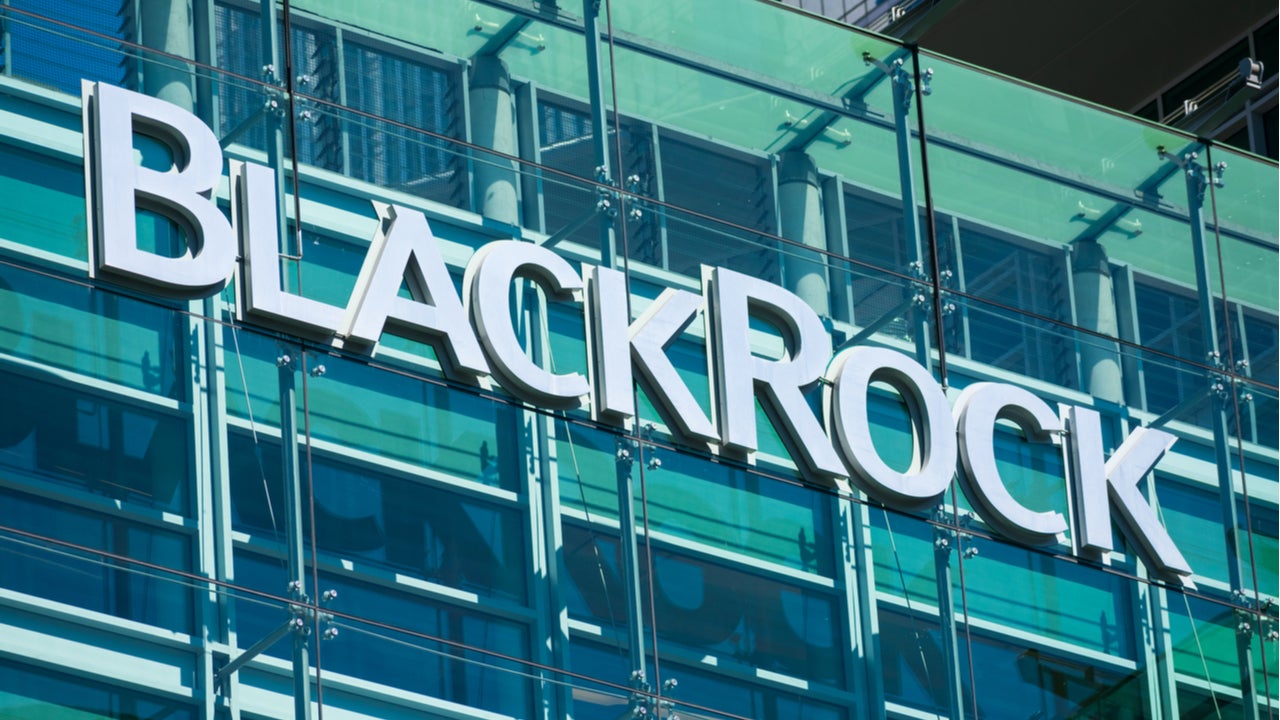A year ago, Blackrock CEO Larry Fink told companies in BlackRock’s $9tn investment portfolio to start taking global warming seriously. He told them that “climate risk is investment risk” and warned that BlackRock would take voting action where it found insufficient climate progress in companies’ business models and disclosures.
In July 2020, BlackRock started making good on the threat. It identified 244 companies making insufficient progress and took voting action against 53 of them. It put the rest “on watch,” warning it might take voting action this year.
Blackrock raises the stakes
This week, in his 2021 letter to CEOs, Fink raised the stakes. It’s time, he said, for companies “to disclose a plan for how their business model will be compatible with a net zero economy” by 2050, which scientists agree is necessary to limit global warming to less than 2 degrees Celsius above pre-industrial averages.
Further, Fink said, “We are asking you to disclose how this plan is incorporated into your long-term strategy and reviewed by your board of directors.”
BlackRock is far from the only force for climate action. But when BlackRock speaks, companies listen. In the wake of last year’s letter, Salesforce pledged to conserve or restore 100 million carbon-soaking trees over the next decade. Delta Air Lines announced a $1bn effort to be carbon-neutral in 10 years.
Fink has cited compelling statistics to support the idea that companies with better ESG (environment, social, governance) profiles outperform their peers. During 2020, he noted, 81% of a globally representative selection of sustainable indexes outperformed their parent benchmarks – and that this outperformance was even more pronounced during the first-quarter downturn when Covid-19 caused worldwide markets to swoon.
From January through November 2020, Fink wrote, investors in mutual funds and exchange-traded funds (ETFs) invested $288bn globally in sustainable assets – a 96% increase over the whole of 2019.
Furthermore, he said, “It’s not just that broad-market ESG indexes are outperforming their counterparts. It’s that within industries – from automobiles to banks to oil and gas companies …companies with better ESG profiles are performing better than their peers, enjoying a ‘sustainability premium.’”
Competition is growing
There appears to be growing competition in multiple sectors to see which can go green most quickly. Google announced last year that it had become carbon-neutral in its operations, then that it had erased its historic carbon footprint (that is, removed via carbon offsets as much carbon as it had emitted since its foundation in 1998). Microsoft announced a plan to be carbon-negative by 2030 and promised to erase its own carbon footprint by 2050 – a bigger task than Google faced, given that Microsoft began business in 1975.
The competition is not limited to the tech industry. In 2020, Airbus announced it would develop a zero-emission commercial aircraft by 2035. Archrival Boeing, which had previously committed to cut CO2 emissions to half of 2005 levels by 2050, took a bigger step this week and committed that its commercial airplanes will be capable of, and certified to, fly on 100% sustainable aviation fuels by 2030.
Greenwashing, you say? Perhaps. But consider this: A growing horde of regulators, NGOs, and investors are watching closely to make sure actions back up the talk. BlackRock asks the companies in its funds to report annually via frameworks established by the Sustainability Accounting Standards Board and the Task Force on Climate-Related Financial Disclosure. The Science-Based Targets initiative requires participating companies (whose targets it vets for alignment with science before approving) to monitor and disclose progress each year or be removed from the program.
No one wants to be de-listed, or called out in a press release, for failure to meet a public climate commitment, especially not when investors and fund managers can easily switch to another company that has met its commitments.








